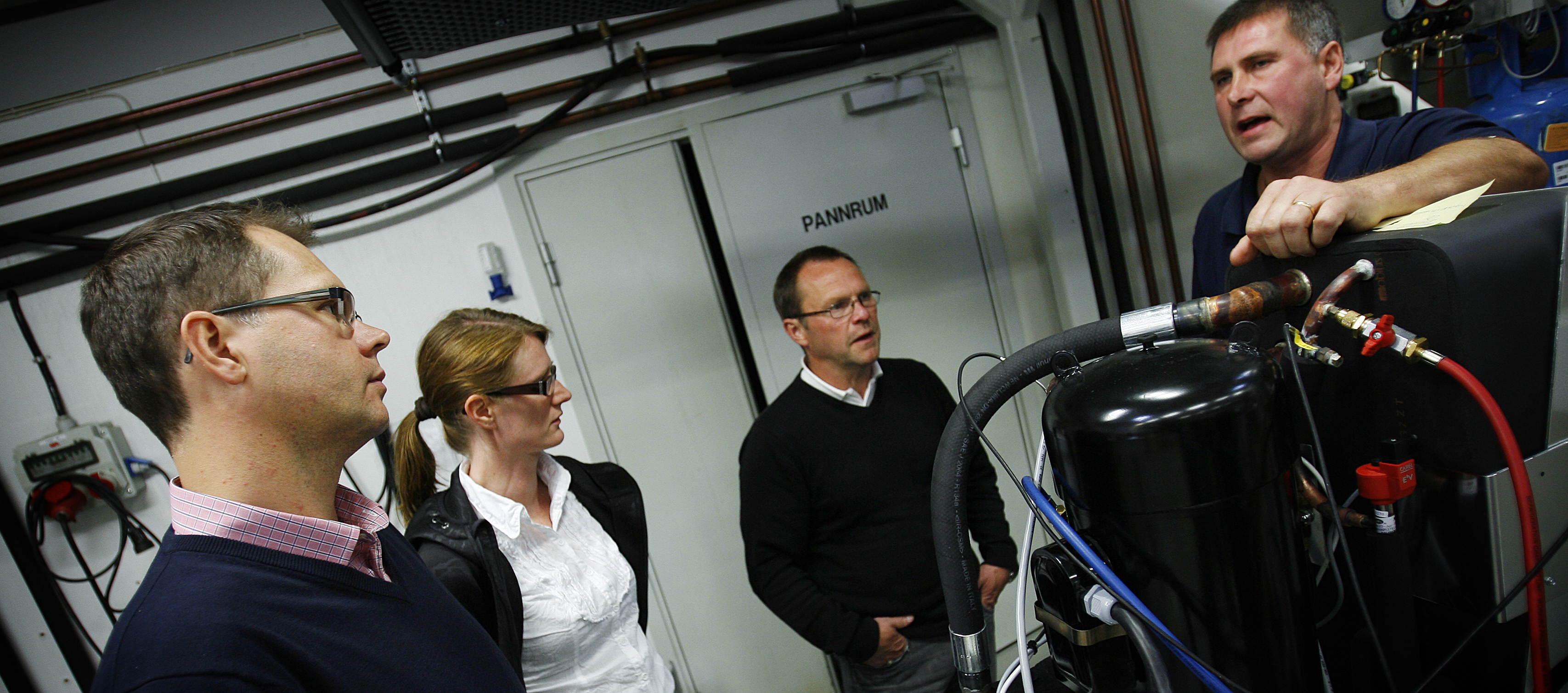Environmental issues can be viewed as problems that need to be solved, but also as opportunities to create resource-efficient solutions. The latter approach requires life cycle-based business models and customer offerings across a broad front and involves the development of combined product and service offerings.
These ideas, which have long had a stronghold in Region Östergötland, where there is a growing cleantech industry, are spreading rapidly. LiU's researchers within engineering, as well in economics and the social sciences, were among the first to study this area and are contributing to its development.
Even functional sales, in which companies sell a function rather than a product, e.g. a certain amount of transport instead of a new truck, or a refrigeration capacity instead of a freezer, are studied. A common factor here is the environmental and market potential that exists in a more life cycle-based and resource-efficient approach.
LiU also coordinates the research programme MistraREES to facilitate the transition to a more resource-efficient and circular economy, in a close collaboration between the academic and business worlds.
